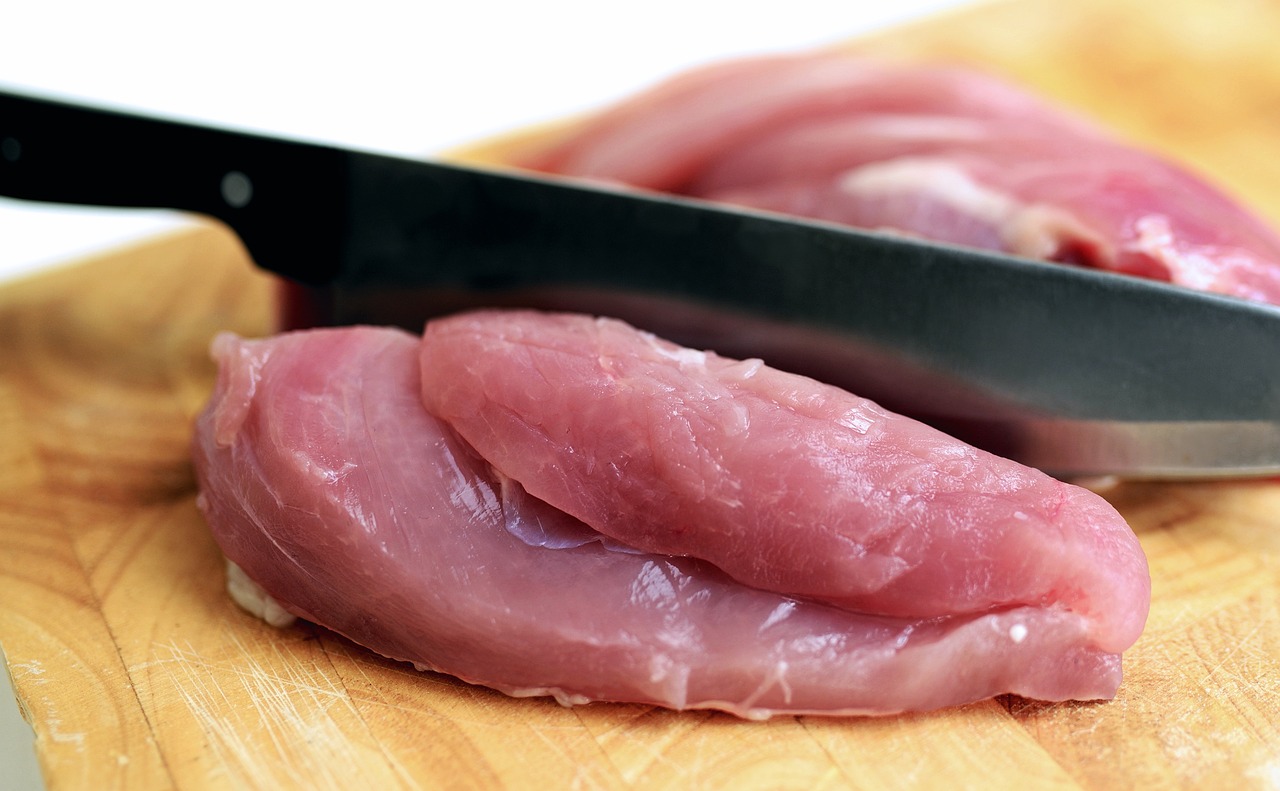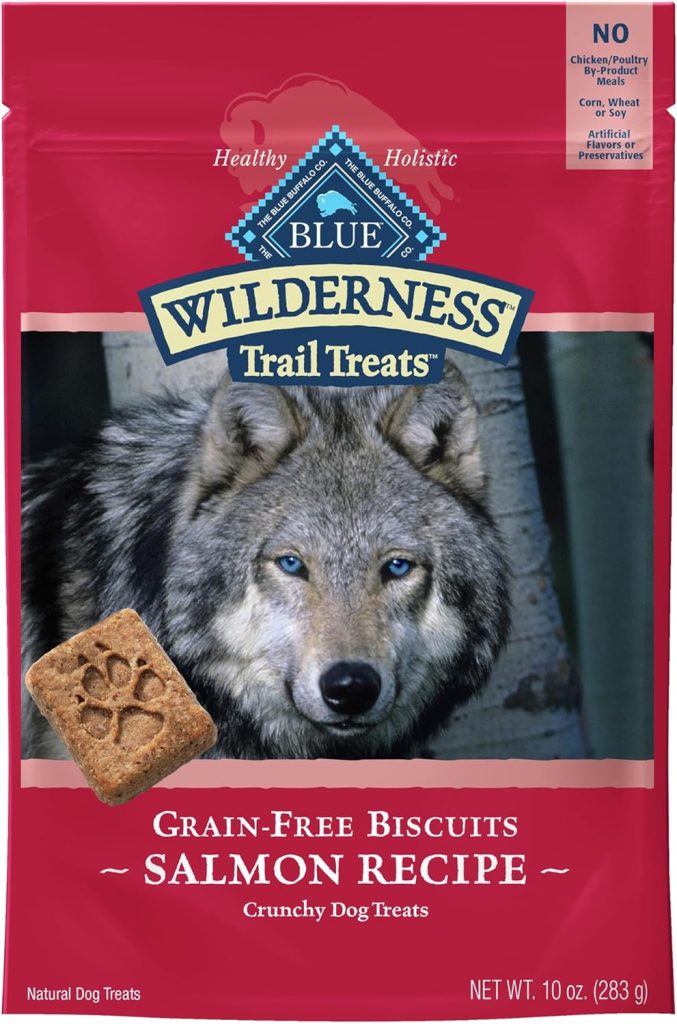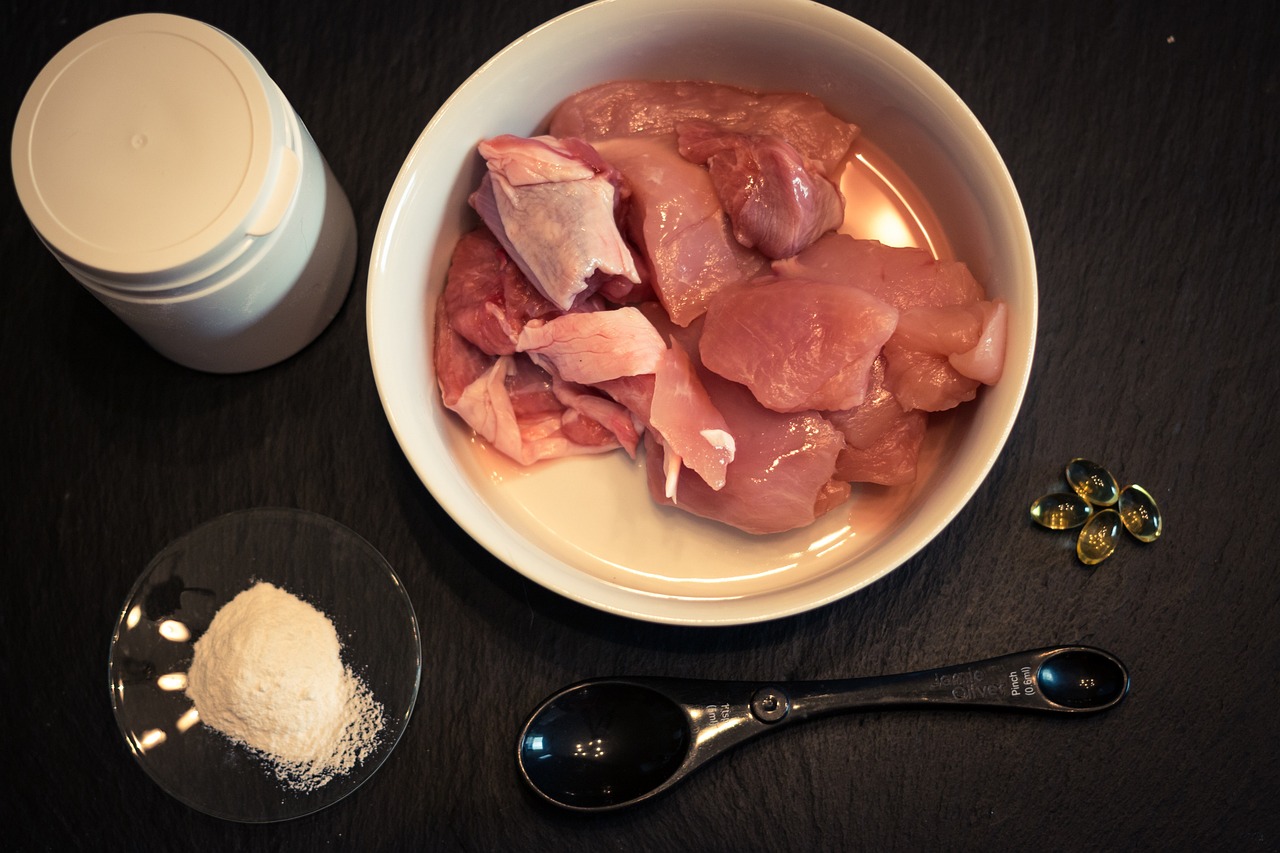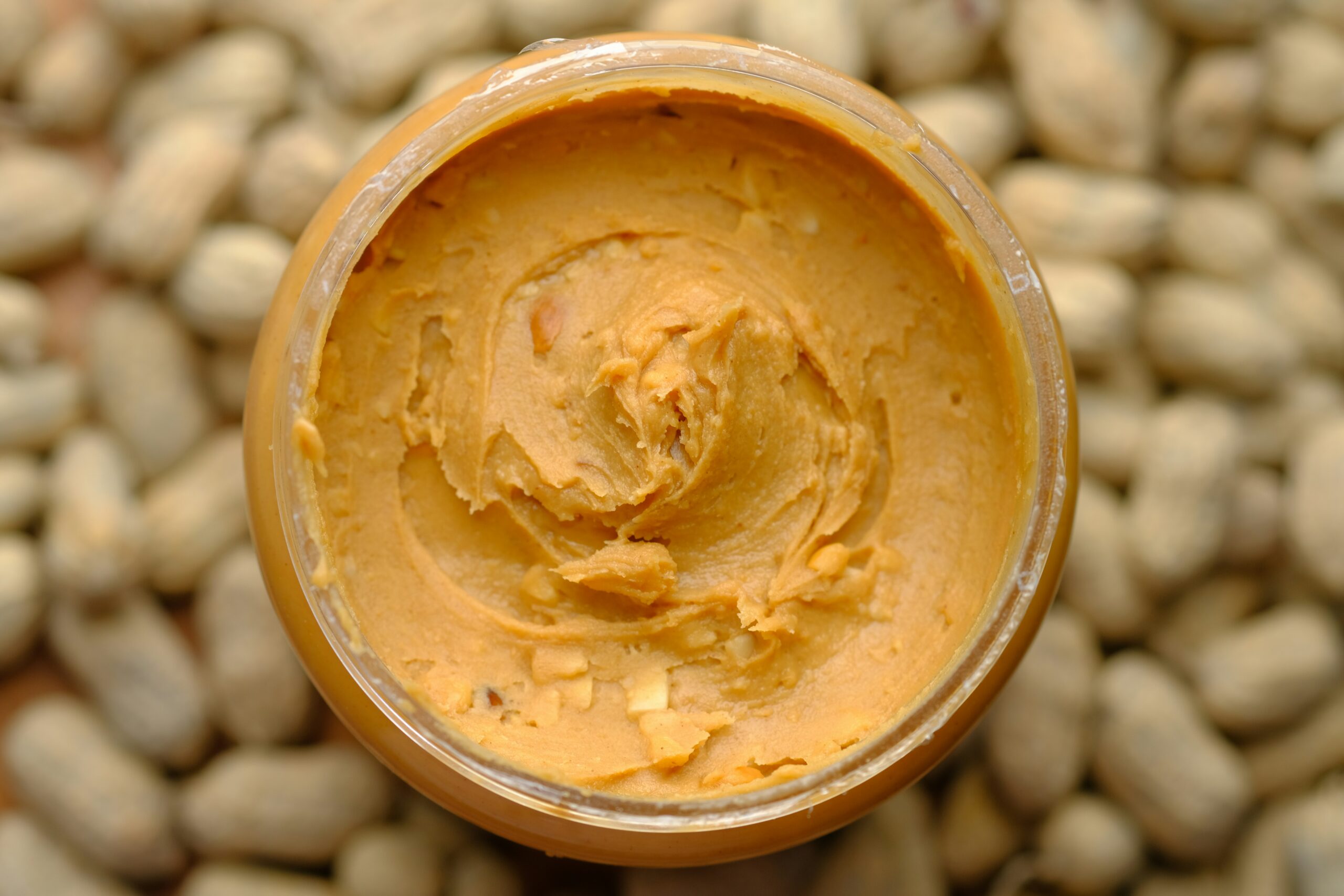Affiliate Disclosure: This post may contain affiliate links. This means we may earn a commission if you make a purchase through these links. This is at no extra cost to you. We only recommend products and services we truly believe in. Your support helps us keep the site running! Thank you.
The best protein source for your Biewer Terrier will depend on your dog. Most dogs digest chicken, turkey, fish, and eggs well. But you should always keep a close eye on your Biewer Terrier for signs of an intolerance.
Why do Biewer Terriers need a good protein source?
To put it simply, dogs such as Biewer Terriers, need protein to survive. Protein is packed full of amino acids that help with growth and repair.
Different sources of protein are made up of different amino acids. And, according to Perfectly Rawsome, the ones most needed by dogs are:
- Arginine
- Histidine
- Isoleucine
- Leucine
- Lysine
- Methionine
- Phenylalanine
- Threonine
- Tryptophan
- Valine
What is the healthiest protein for dogs?
The healthiest protein for dogs are generally beef, fish, lamb, and chicken.
When buying ready-made dog food for your Biewer Terrier, always choose one that contains a single-source of protein. As Biewer Terriers have sensitive stomachs, feeding dog food that contains multiple types of protein can be problematic.
For example, if your Biewer Terrier shows signs of an allergic reaction after eating the food, you won’t know which of the proteins in the food was the trigger.
For Biewer Terriers on a raw food diet, feeding a single-source protein is best for the same reasons.
How much protein does my Biewer Terrier need?
An adult Biewer Terrier’s diet should typically consist of between 18 and 21% protein daily. However, there are lots of factors that can influence how much protein your dog needs, such as age, health, activity levels, and more. For this reason, it’s best to confirm with your vet exactly how much protein your dog needs.
Your Biewer Terrier can eat protein from a variety of a sources, including:
- Chicken
- Turkey
- Fish
- Beef
- Lamb
- Eggs
How can I add protein to my dog’s diet?
All of your Biewer Terrier’s meals should contain protein, such as the ones listed above.
If you feel that your dog isn’t getting enough protein you could add a little extra in the form of dog treats high in protein.
Or, you could make your own protein dog treats using peanut butter (make sure it doesn’t contain artificial sweeteners such as xylitol) and dog-friendly veggies.
What is the best protein source for a dog to digest?
The easiest and best protein source for a dog to digest will depend on the dog. As I’ve already mentioned, chicken, turkey, fish, and eggs, are usually the best protein for them as it’s gentle on the stomach.
Despite this, my Biewer Terrier Buddy does not get on with fish and eggs at all and shows signs of a food allergy when he eats them.
Signs that a dog has a protein intolerance or allergy include:
- Skin problems: This is the most common sign. They may experience excessive itching, redness, inflammation, and even develop sores or lesions on their skin. These areas are often on the paws, ears, face, feet, and underarms.
- Ear infections: Frequent ear infections, accompanied by redness, swelling, and discharge, can also be a sign.
- Digestive issues: Vomiting, diarrhea, and flatulence can occur.
- Paw chewing and licking: Excessive licking and chewing of the paws can be a sign of discomfort and itching caused by the allergy.
- Hair loss: Hair loss, especially in patches, can be another indicator.
- Weight loss: Despite eating normally, your dog may lose weight due to the body’s struggles to absorb nutrients properly.
Is too much protein bad for small dogs?
Feeding too much protein to a small dog, such as a Biewer Terrier, isn’t a good idea, even if you are feeding him or her one of the best protein protein sources.
If too much protein is eaten by a small dog, then it will turn into fat. As a result, your Biewer Terrier will gain weight and may become obese. It’s easy for small dogs to get obese as all it takes is a weight gain or a pound or two.
Unfortunately, obesity is a serious concern for many dogs, posing significant health risks. These risks can affect various aspects of a dog’s well-being, impacting their lifespan, mobility, and overall quality of life.
Here are some of the major risks associated with canine obesity:
- Reduced Lifespan: Studies have shown that obese dogs can have lifespans shortened by up to 2.5 years compared to dogs with a healthy weight.
- Increased Risk of Disease: Excess weight puts a strain on a dog’s body, making them more susceptible to various health conditions. These include:
- Musculoskeletal disorders: Obesity can worsen existing joint problems like arthritis and increase the risk of injuries like cruciate ligament tears.
- Cardiovascular disease: Obesity is a major risk factor for heart disease in dogs, affecting their heart’s ability to function properly.
- Respiratory problems: Excess weight can put strain on a dog’s respiratory system, making it difficult to breathe, especially during exercise or in hot weather.
- Diabetes mellitus: Obesity is a significant risk factor for diabetes, a condition that affects how the body regulates blood sugar.
- Cancer: Several types of cancer, including those of the skin, bones, and mammary glands, are linked to obesity in dogs.
- Musculoskeletal disorders: Obesity can worsen existing joint problems like arthritis and increase the risk of injuries like cruciate ligament tears.
- Decreased Mobility and Quality of Life: Carrying extra weight can make it difficult for dogs to move around, engage in activities they enjoy, and maintain a healthy level of exercise. This can lead to a decline in their overall well-being and quality of life.
- Increased Anesthetic Risks: Obesity can complicate surgeries and anesthesia due to the added strain on the body and potential breathing difficulties.
Related Post: Explore which fruits a Biewer Terrier can eat.





